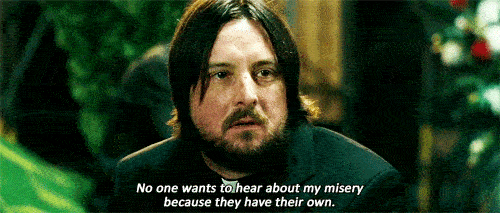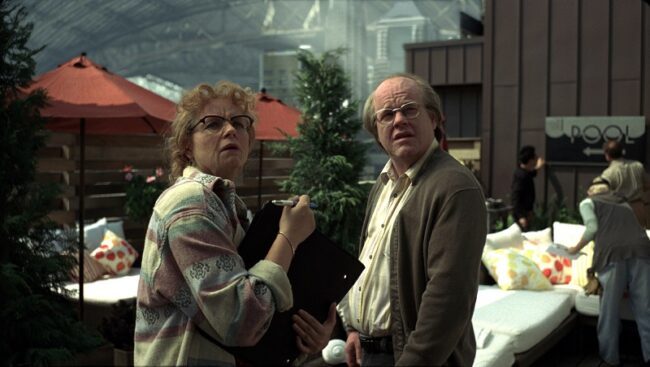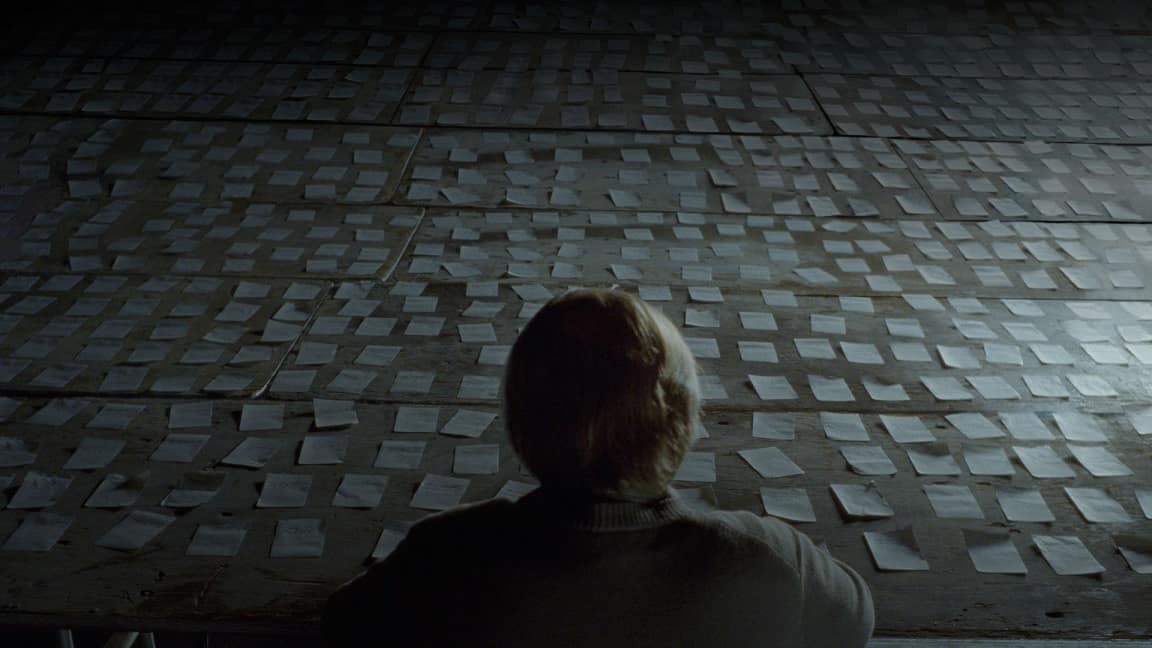Some movies come along and shock you by undressing the most naked truth in the room and revealing the most banal truths of life. Synecdoche, New York is one such movie. It is about a theatre director, Caden Cotard (Philip Seymour Hoffman), spanning his life from the age of 40 to 80. Caden’s life passes by him like turning a page in a book. Blink. His wife has left him. Blink again. His daughter is a porn star. Blink once more. He is 80 and dying. Time has trapped him. It is too less, but it extends and lingers for an eternity.
Since the pandemic has begun, my relationship with time has also changed drastically. The more I have become aware of my own mortality, the more time has begun to slip out of my hand. It has rendered me miserable and helpless; it has kept me awake at night, lest I sleep and turns into a nightmare. The only way to fight against this force of nature, I decided, is to achieve something great, something massive so that I will be remembered. So that I’ll leave behind a legacy. So that I’ll capture some semblance of immortality.

That is exactly what Caden tries to do. He is unhappy and unsatisfied, with a nagging feeling that he is going to die soon. When he receives a letter saying that he has received a MacArthur Fellowship, he decides to create something huge, something moving. He resolves to recreate his life itself, with all its unbearable struggle, pain, and decay. “Regardless of how this whole thing works out, I will be dying, and so will you, and so will everyone else here. And that’s what I’d like to explore”, his brief to his cast. And also possibly a warning, by the director, Charlie Kaufman, to us.
Caden is thrilled to create true art. He is obsessed with authenticity. He hires actors who will play him and the people in his life. Slowly and steadily, art and life merge, making it harder for Caden to tell the difference. At one point his girlfriend Claire (Michelle Williams), also the actor in his play, says frustratingly how she can’t do this anymore. Caden is confused. It is not part of the script. Claire angrily says that she is talking to him, not the actor.

‘Synecdoche’ is a pun here: the address where Caden lives but also a figure of speech where a part is meant to represent the whole. True enough, in the starting scene of the film, the apartment of Caden reeks of decay and disease which will be his life itself. His daughter Oliver’s poop is extremely green, Caden is not feeling very good himself, a magazine cover is entitled “Attending to Your Illness”, and a plumbing accident leads Caden to bleed inexplicably, and to a trip to the emergency room.
Synecdoche, New York is an absurdist film. According to philosophy, absurd refers to “ the conflict between the human tendency to seek inherent value and meaning in life, and the human inability to find these with any certainty.” Living is the only distraction that prevents you from killing yourself. Sometimes, in the midst of living, you question things and you wonder what is the point of it all. Caden is like Sisyphus, from The Myth of Sisyphus by Camus, who is punished to roll a rock up the mountain which will only roll down. He has to struggle perpetually but for what? This is life in its most absurd sense. But this is the life we all live. We all laugh, cry, struggle but for what?
The movie is very surreal in its depiction of very gruesome reality. At one point, Caden is 40 and in the next, his hairline is receding. Time and space blend into each other seamlessly. Hazel (Samantha Morton), the box-office girl he is dating, points out to him how long his wife has left him, “It’s been a year.” “It’s been a week”, replies Caden incredulously. The film is over two-hour-long but nothing ever really changes. But isn’t that how life is in the pandemic? One year has passed since the pandemic gripped the world by its throat. What has changed in our lives? We sit inside, day in and day out. The sun rises and the sunsets. We grow older and fearful of getting sick, just like Caden. A tiny cough can be cancer, just like the one Caden’s wife had who will die because of it.
Caden tried to control his narrative by directing his story. In the end, he becomes the actor who is being directed on what to do and how to live. He is clueless on how to exist. When Caden expresses this cluelessness on how to do the play, the director gives him his final cue, “Die.” I did not fully understand Synecdoche, New York. But then, no one can fully understand life.

